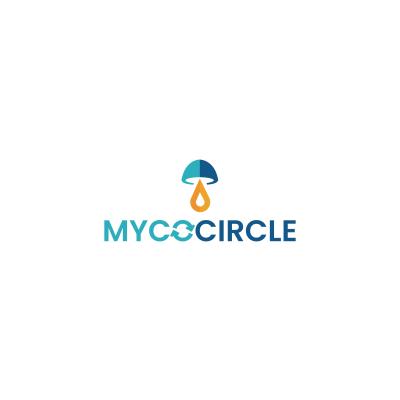
MYCOCIRCLE
Upcycling mushroom waste to replace animal derived chemicals

Upcycling mushroom waste to replace animal derived chemicals
Animal-derived materials, such as chitin, collagen and squalene are widely used in cosmetics and agrochemicals. This reliance raises ethical concerns, impacts the environment, and highlights resource limitations, including the killing of three to six million sharks annually for squalene extraction.
MYCOCIRCLE aims to tackle these challenges by upcycling mushroom biomass and developing sustainable biotechnological pathways for high-value materials in the cosmetics and agrochemical industries as alternatives to animal-derived products. The project brings together industry leaders and researchers to demonstrate the potential of mushroom biomass as a viable source for bio-based materials.
By advancing green biotechnology, MYCOCIRCLE seeks to reduce environmental impact and promote ethical practices, providing a more sustainable alternative for industries reliant on animal-based ingredients.